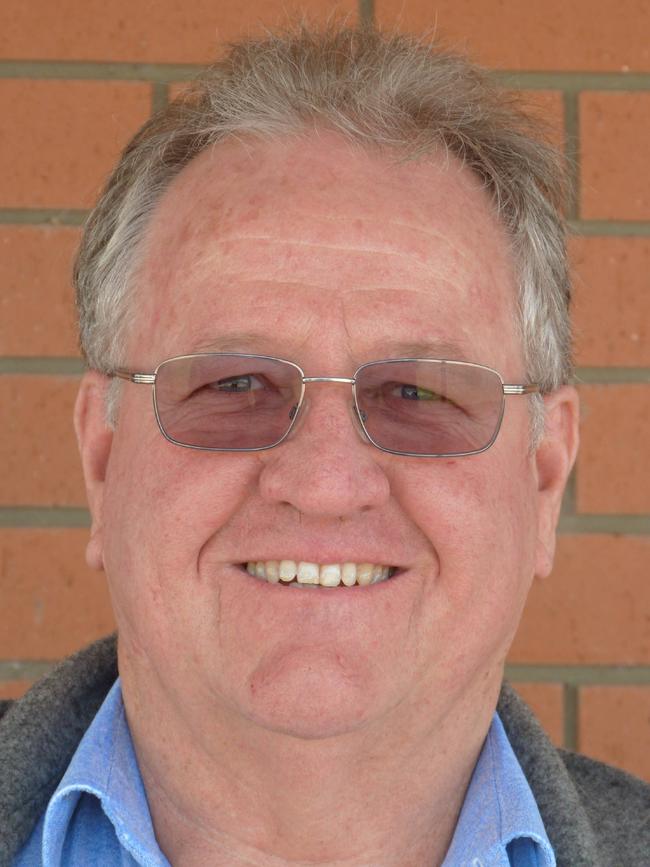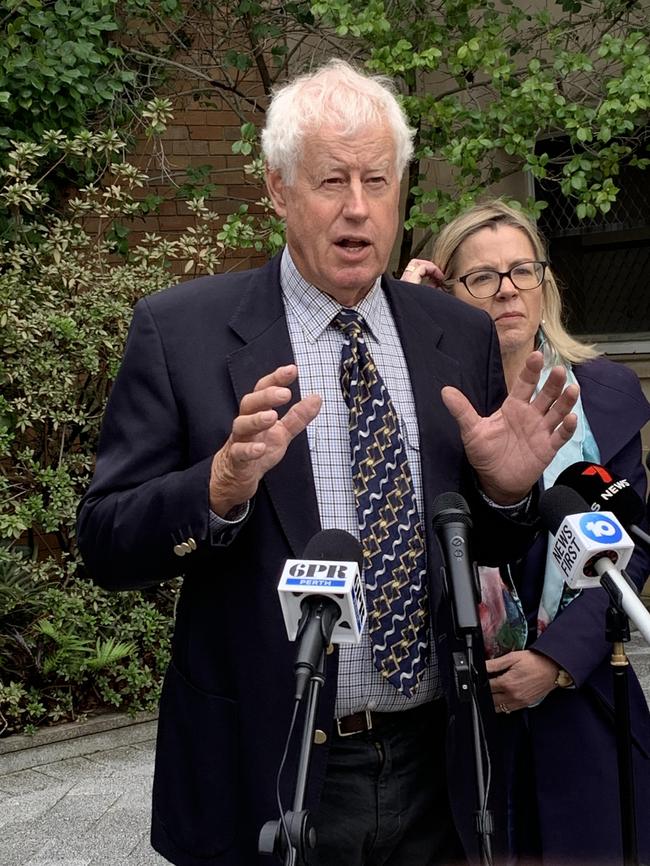Voice 2023 referendum: Regional Australian campaigns up and running
Regional Australians are set to vote in their first referendum in a quarter century. Here’s what the rural Yes and No campaigns have to say.
Regional campaigners for and against establishing an indigenous advisory body to federal parliament have outlined their positions as Australia’s first referendum campaign in a quarter century gets underway.
Governor-General David Hurley issued the writ for the Indigenous Voice to Parliament referendum on Monday, officially triggering the referendum, scheduled for October 14.
It is the first federal referendum since Australia voted to reject becoming a republic in November 1999.
Retired Deniliquin veterinarian Dan Salmon is leading the Yes campaign in the Riverina.
“Australia is the greatest place on earth if your family happens to have come here in the last 230 years. If your family was here 60,000 years ago, it is not so good,” Dr Salmon said.

“I believe that the key part of the referendum question that addresses most of the practical concerns is the third part. Parliament will have complete control over the formation, structure and policies of the Voice.
“I’m saddened by the fact that we can forecast the life journey of a baby born at Deniliquin Hospital by the colour of its skin.
“What we have done in the past is not working despite the enormous resources invested. Asking the Aboriginal and Torres Straits Island peoples what they think may not be the silver bullet that we desperately need, but it is a step. It will, however, be more effective and less costly in human and financial terms than what we are doing now.”

Pastoralists and Graziers Association of Western Australia president Tony Seabrook has been one of WA’s leading No campaigners.
He led the campaign against the McGowan Government’s Aboriginal Cultural and Heritage Act (ACHA), which was repealed after only a few weeks.
“Quite simply, we’ve had a small taste of what (The Voice) would be like with the ACHA over here. It was incredibly divisive and still is – it in no way welded our communities together, it drove lines right through the centre,” Mr Seabrook said.
“It was the greatest attack on private property rights since Federation.
“The normal concept of freehold land came under enormous threat as farmers had to seek permission from Aboriginal groups to do the sort of things you’d normally do on freehold land- put up a fence, pave a road.”
The Australian Electoral Commission is seeking to hire 100,000 temporary staff to work on the October 14 referendum day, with regional workers a particular focus.
“It can be difficult to find staff in regional and remote areas,” Electoral Commissioner Tom Rogers said.
“So we’re really hopeful people will put up their hands, get involved in their communities and make sure people in their areas can vote.
”It’s paid work – a boost to help pay the bills, plan something nice or even get ready for Christmas.
“We become one of the nation’s largest employers ever so briefly – most roles are a single day’s employment with training provided but some roles stretch over a few weeks.”





